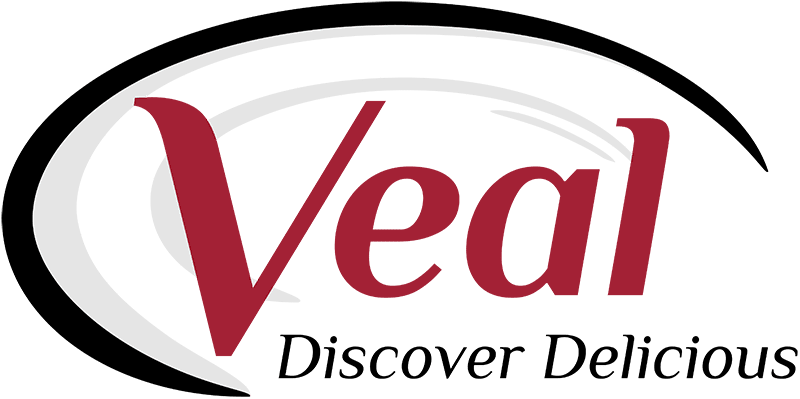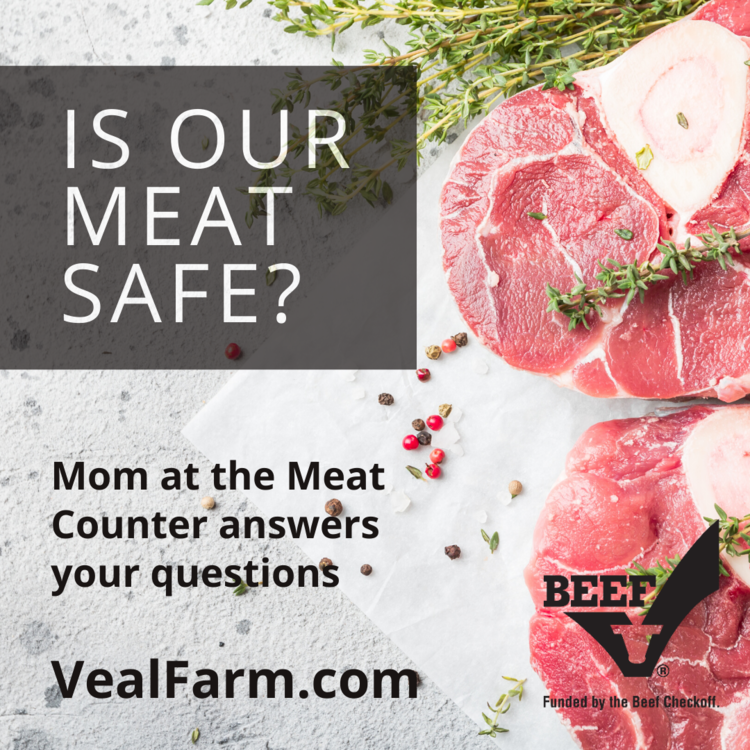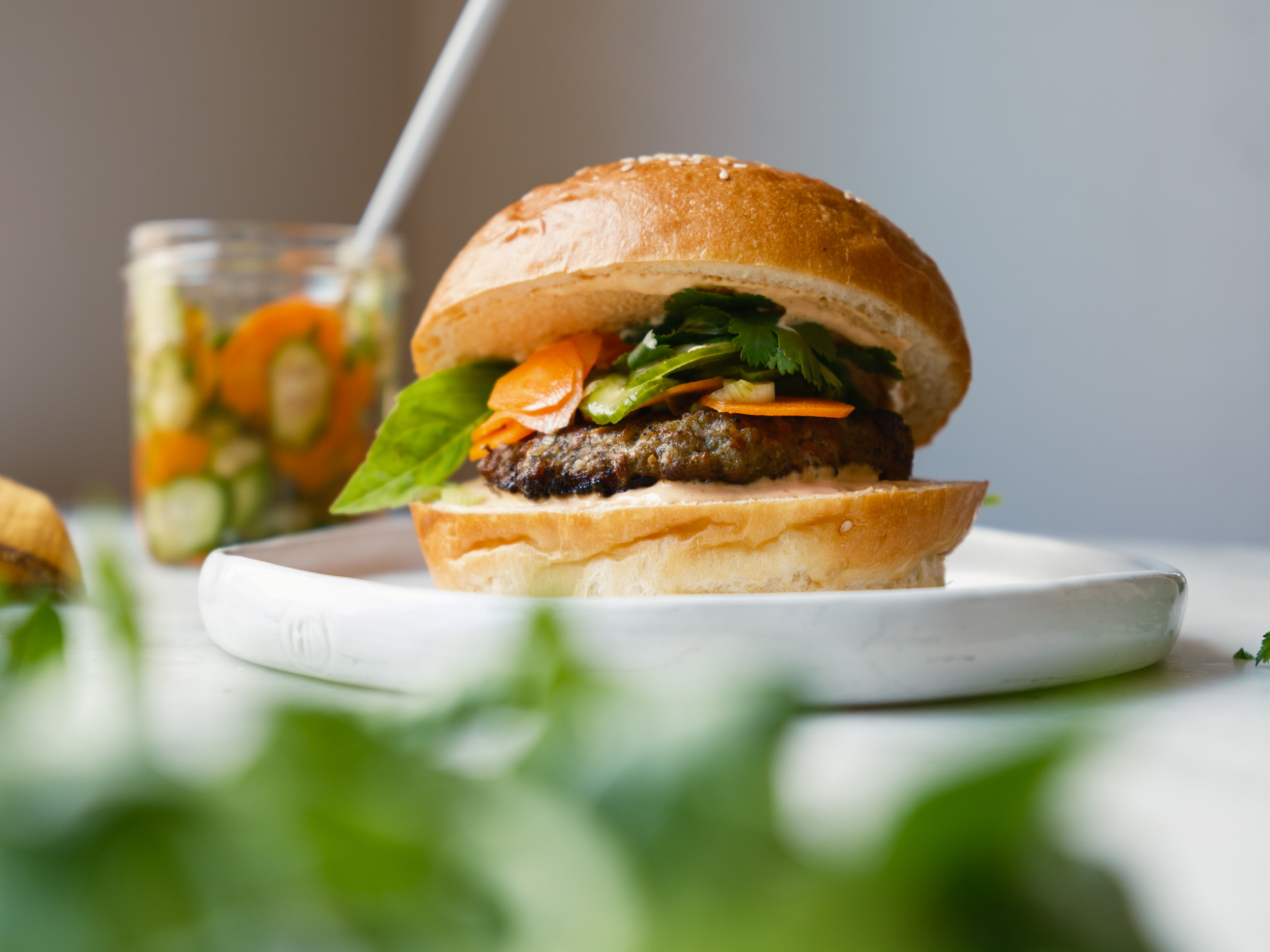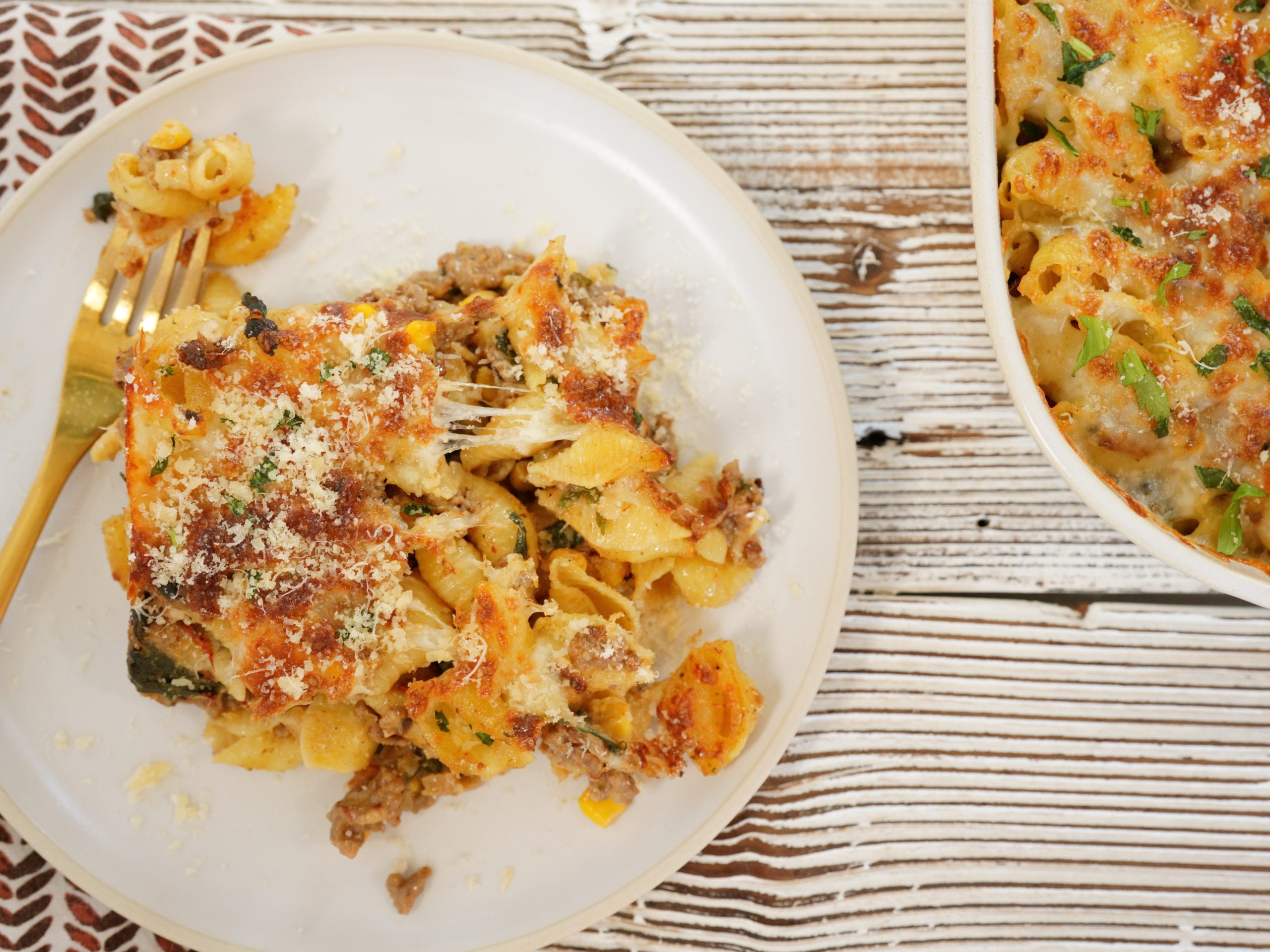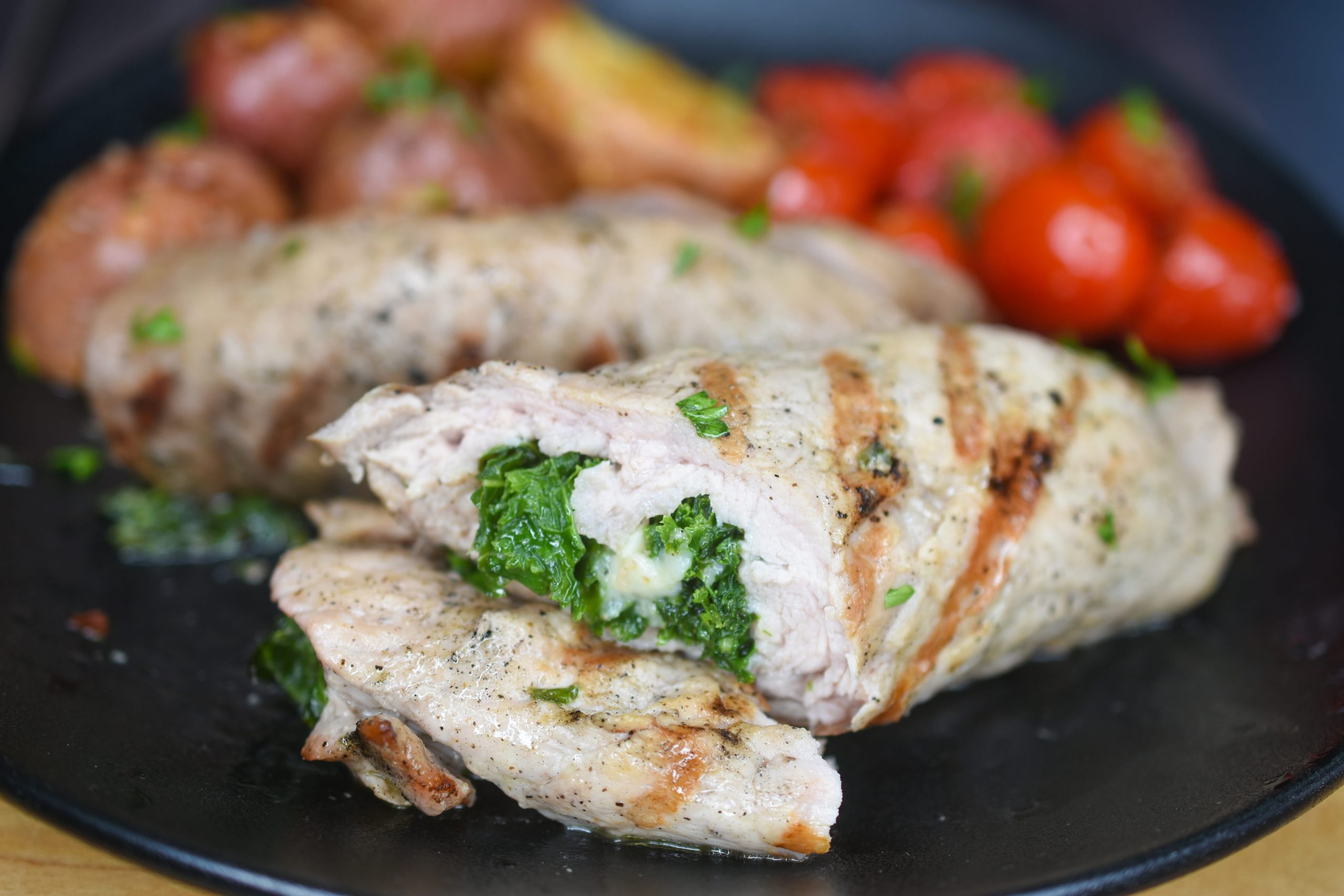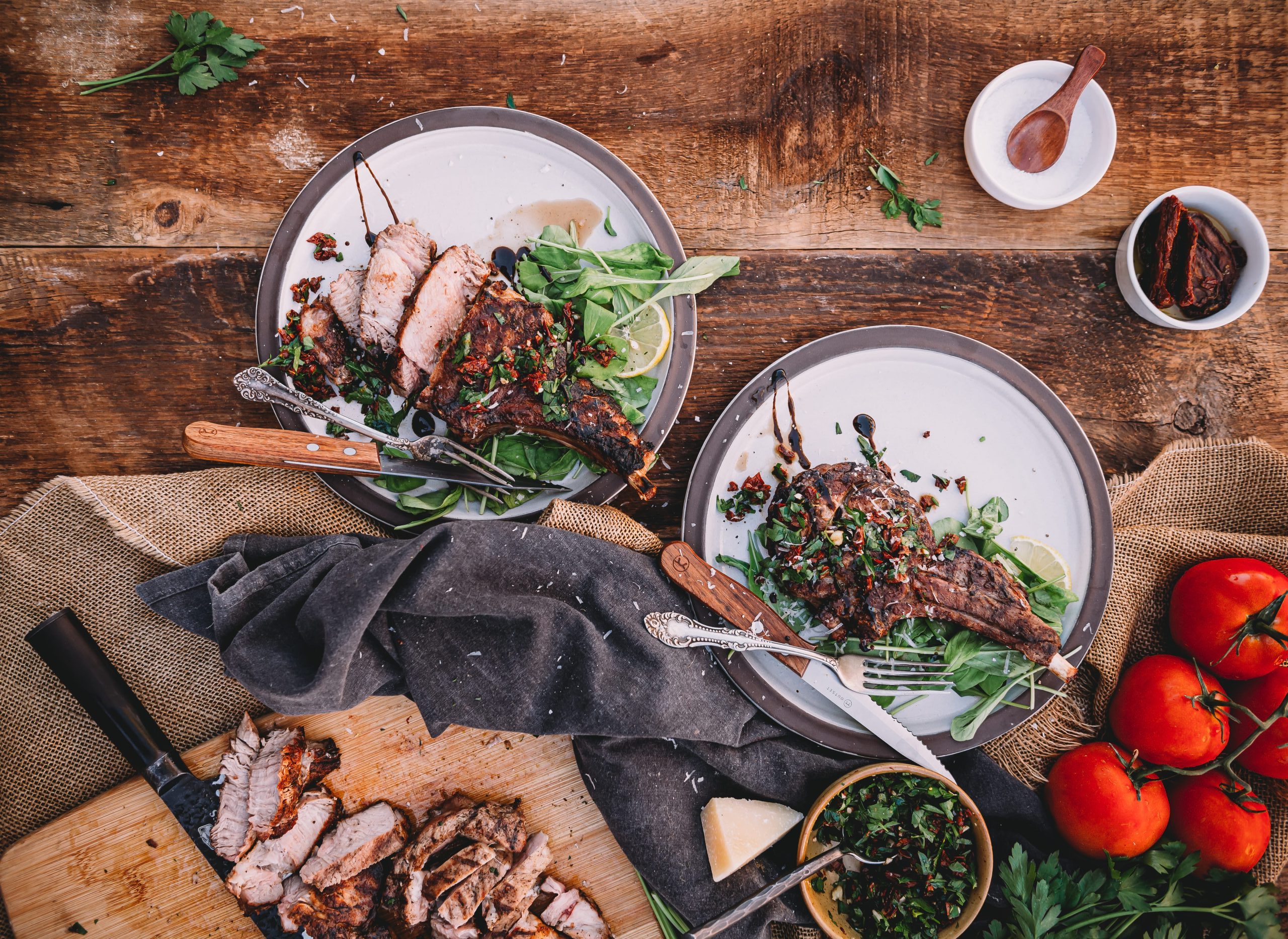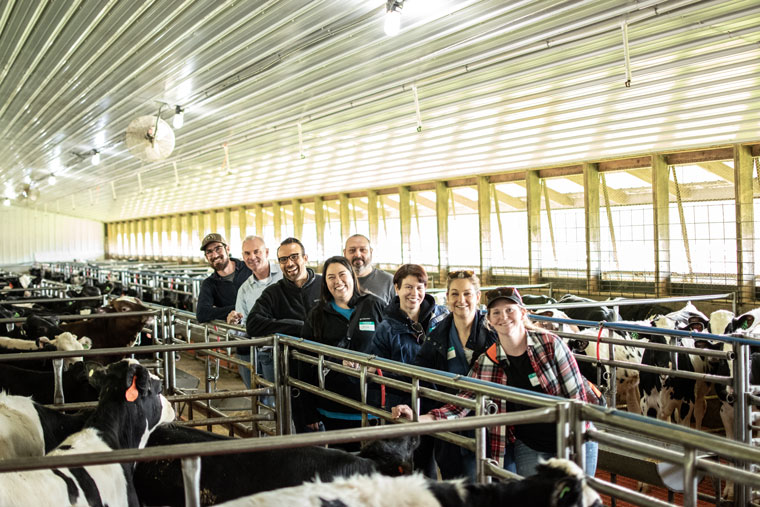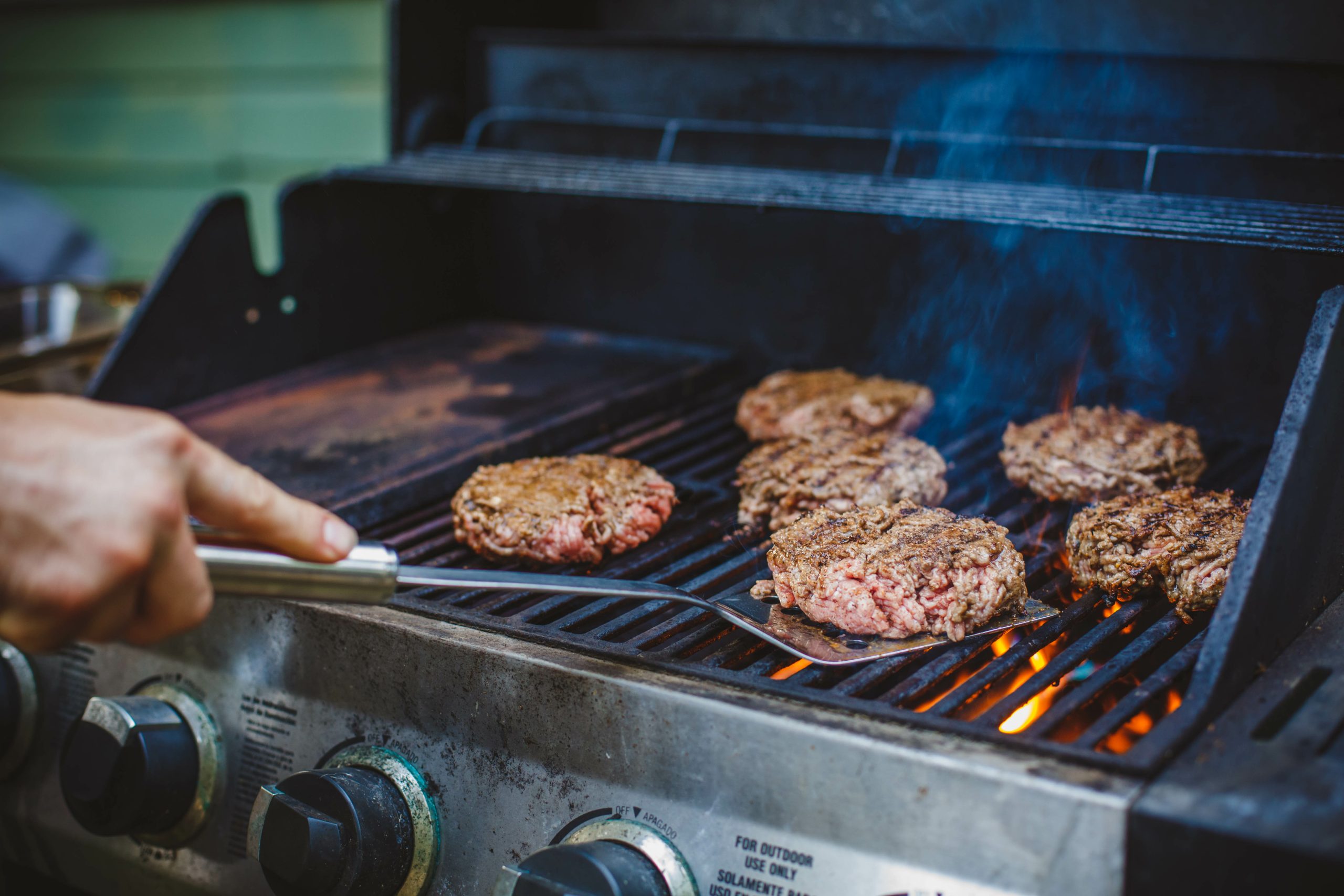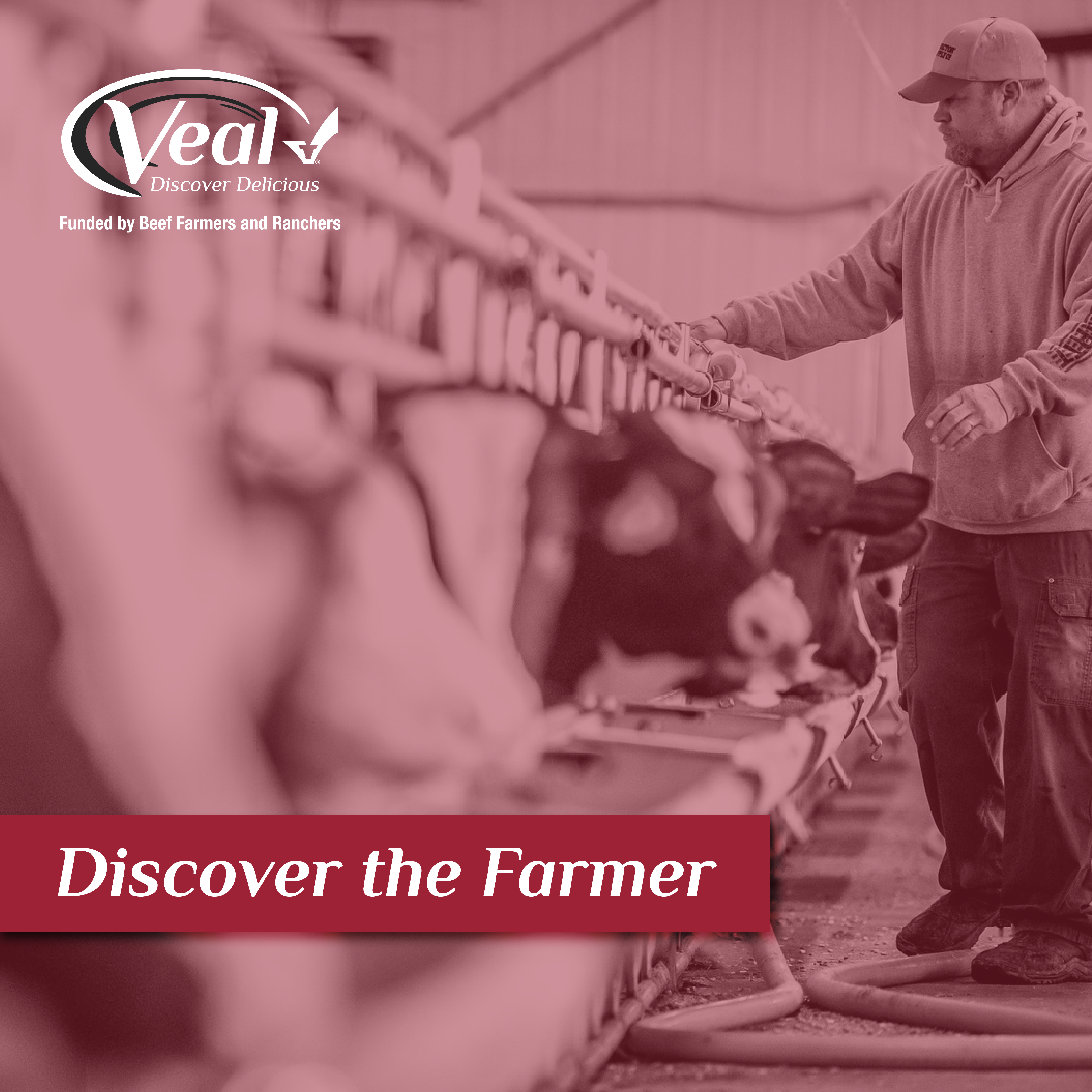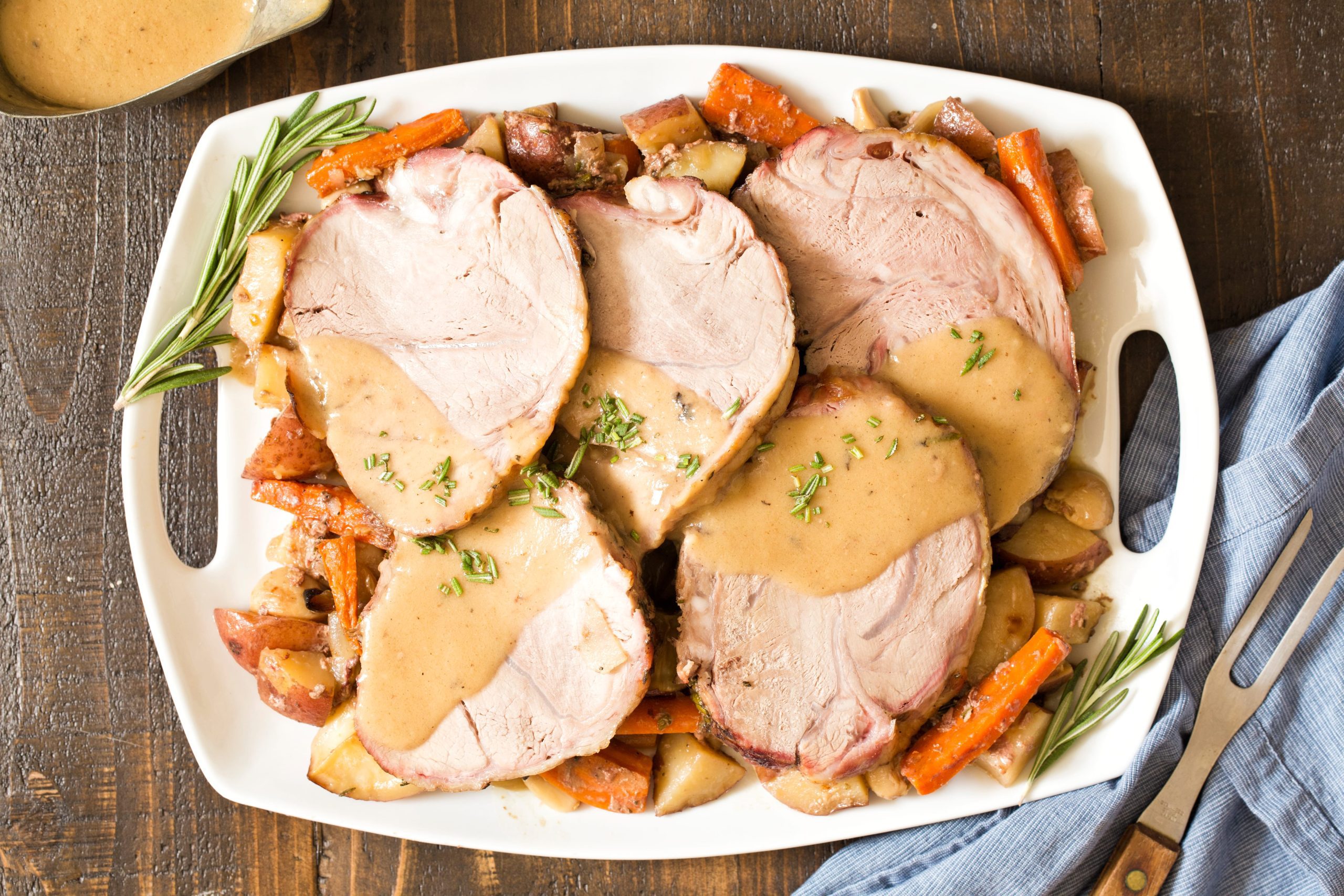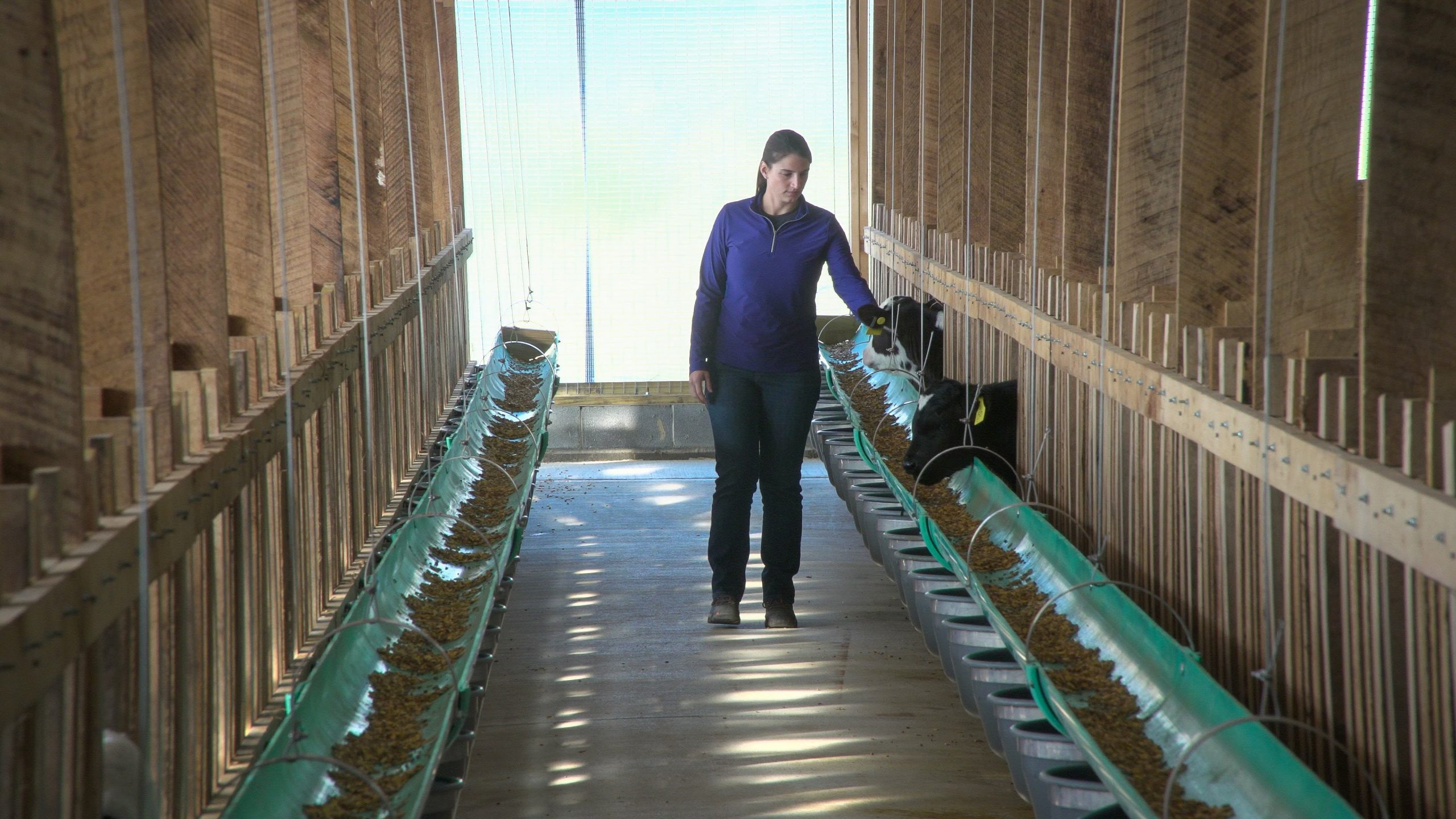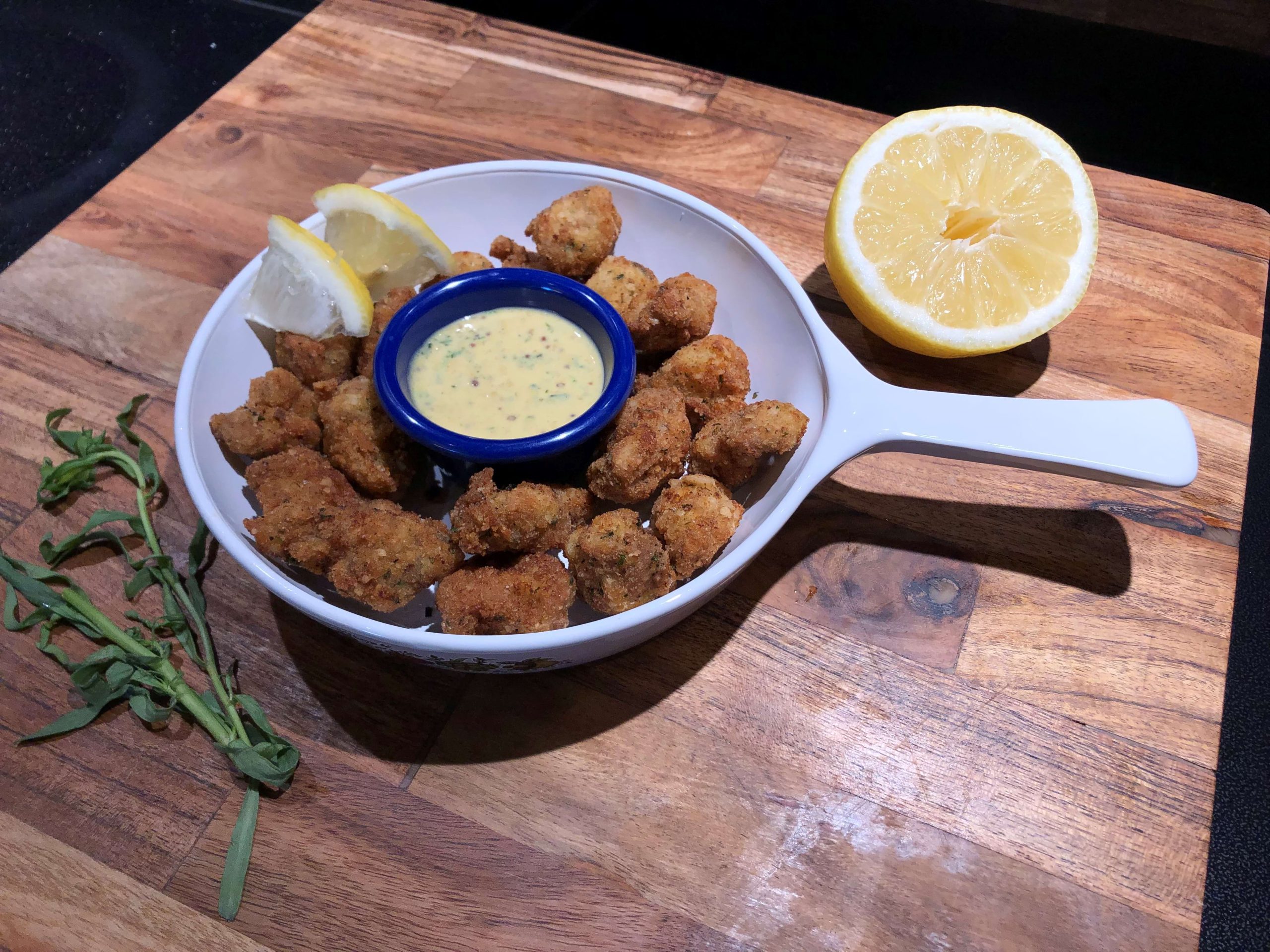By Janeal Yancy, PH.D.
University of Arkansas
As a mom, I understand news about COVID-19 is unsettling. Very few Americans can remember a pandemic of this magnitude that disrupted our lives in such dramatic fashion. With the 24-hour news cycle and so much time to spend on social media, we can easily become overwhelmed with concerns about this disease. Sometimes it feels like the rules change every day. As a meat scientist, I have some information related to food safety that I hope you will find helpful during these uneasy times.
One major concern people have is the food supply, especially proteins. In the early days of social distancing, panic buying led to empty store shelves and limits on what we could buy. Then, restaurants were closed and limited to take-out only. Grocery stores are overwhelmed with people and now there are even rules and restrictions when we go shop for groceries.
Although veal is a relatively small portion of our protein supply in the US, it is still a $500-million industry employing nearly 2,000 people including about 500 farm families. Many people enjoy veal when they eat in restaurants or prepare veal at home, but as with all animal proteins, people may have questions and concerns about veal in the wake of this pandemic.
Three years ago, I was invited by the veal industry to tour the several farms and processing plants that produce milk-fed veal. I was so excited to learn more about this industry and wrote about it on my blog, Mom at the Meat Counter. In this piece for the Veal Farm website, which is funded by the National Beef Checkoff, I answer a few key questions about veal and food amidst the COVID-19 pandemic.
Q: What impact is COVID-19 having on the veal supply?
As always, veal farmers work hard every day to care for their calves’ health and well-being to produce safe and high-quality veal. I saw this directly when I toured farms and packing plants in Indiana and Pennsylvania a couple years ago. It is also core to the Veal Quality Assurance program, a collection of science-based best management practices followed by farmers in partnership with their veterinarian to ensure that veal calves receive quality care through every stage of life.
All of these changes and stay-at-home orders have had an impact on the veal supply just like it has on all fresh meat products. Veal is very popular at restaurants and with those business closed or limited to take out, the demand for veal has dropped tremendously.
So, if you enjoy veal or you want to try veal, be sure to let your favorite restaurant doing take out know that. Encourage them to add veal to their menu if they have not served it in the past. Look for it in your grocery store and request it from the meat manager. Don’t be afraid to try new cuts and new recipes if what you’re familiar with is not available. We need to support the businesses that provide the products we enjoy (like veal), so they can continue to provide them to us after this is all over.
It’s hard to know all the effects this virus is going to have on the veal industry, or all of our meat supply, but know that veal is still being produced, and we encourage you to enjoy veal. Veal Made Easy is a website featuring recipes, nutrition information and even a service to help you locate where to buy veal.
Q: Can I become sick with COVID-19 from food?
USDA has information on their website. USDA is not aware of any cases in which people became infected with COVID-19 from food or food packaging. Regardless, it is always good to practice good hygiene practices like washing hands and surfaces, keeping raw meat away from other foods, and cooking meat to safe temperatures. When we cook our food, viruses are killed and can no longer make people sick. So, if you wash your hands, keep uncooked and ready-to-eat foods separate, cook food thoroughly, and be sure to refrigerate your leftovers, your food should be safe from COVID-19 and all foodborne illnesses.
Q: Can I get sick with COVID-19 from touching food, the food packaging, or food contact surfaces, if the coronavirus was present on it?
Doctors and scientists have not seen any cases where a patient has been infected with COVID-19 from their food or food packaging, but just like any surface, food packaging could be a place where one person (like a grocery worker) could pass it to another person (someone who picks up a package). Meat packages are not going to be any more or less susceptible to transmission than other packaging.
It’s important to remember to wash your hands often, especially when you come home from being out in public. If you buy veal in vacuum packages, you could wipe those down, but I would suggest against using wipes or sanitizer on foam tray packaging like you see in many grocery stores.
Q: If an inspector or worker in a meat processing plant became infected with coronavirus, would the meat produced at that facility be safe to eat?
Scientists do not have any evidence that makes them believe that COVID-19 can be transmitted through food or food packaging. When people in a plant are sick with any illness, they are asked to stay home, but especially in these times with COVID-19, plant workers who show symptoms are not allowed to work.
This virus is transmitted through respiratory routes meaning viruses travel from person to person in droplets that land in the mouths and noses of people nearby. Furthermore, viruses do not grow in foods and any virus on a meat product would be killed when it is cooked.
Q: Could a farmer with COVID-19 infect their animals with the virus?
There have not been any reported cases of cattle or any livestock contracting COVID-19, but now that this virus is wide spread in our human population, it is possible that there may be some rare instances of animals being infected by their human care givers according to the World Organization for Animal Health. The USDA confirmed there have been cases of tigers in the Bronx Zoo and house cats being infected by sick humans, but their illnesses have been relatively mild.
If someone becomes ill with COVID-19, out of an abundance of caution, they should restrict their contact with their animals just as they would with people. Veal farmers would follow these guidelines. If they were sick, they would stay home and away from the calves and other workers.
For more FAQs related to food, meat, critical infrastructure, food safety and other topics, visit:
https://www.usda.gov/coronavirus.
https://www.oie.int/en/scientific-expertise/specific-information-and-recommendations/questions-and-answers-on-2019novel-
https://www.beefitswhatsfordinner.com/newsroom/covid-19-faqs
Internal links within this website are funded and maintained by the Beef Checkoff.
All other outgoing links are to websites maintained by third parties.
